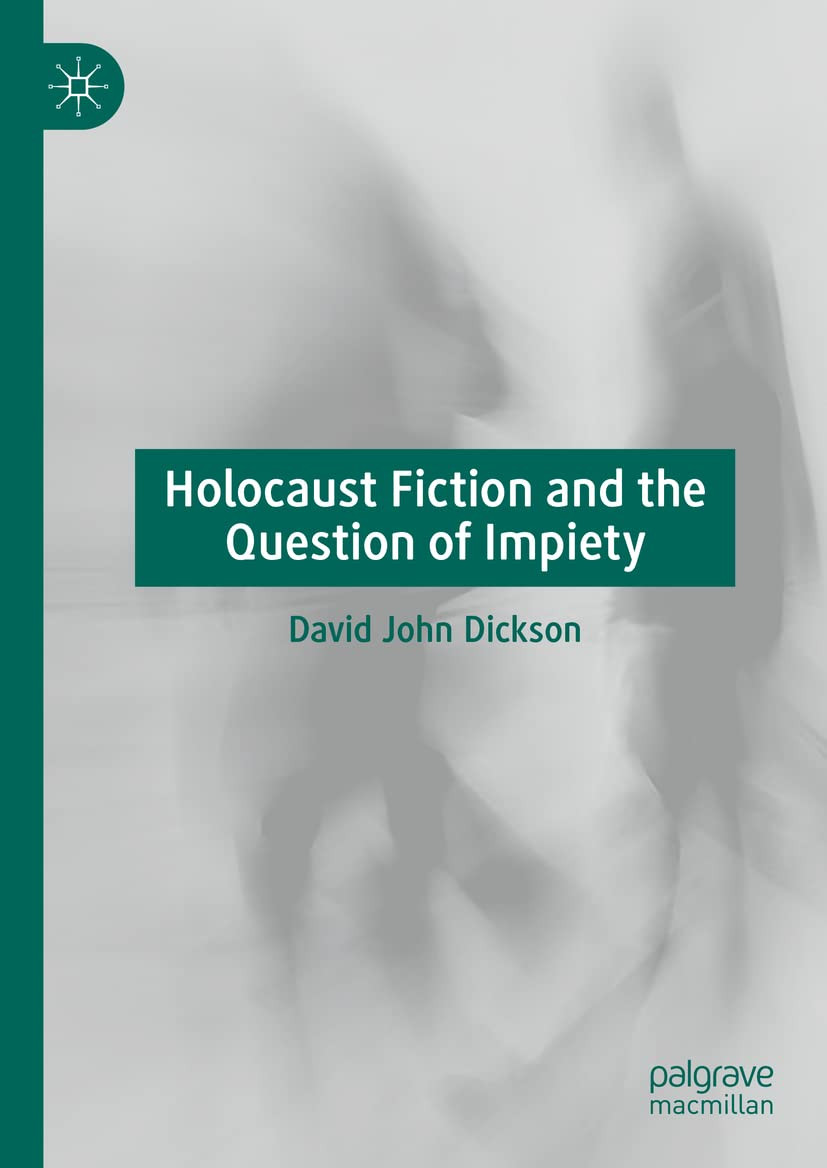

Most ebook files are in PDF format, so you can easily read them using various software such as Foxit Reader or directly on the Google Chrome browser.
Some ebook files are released by publishers in other formats such as .awz, .mobi, .epub, .fb2, etc. You may need to install specific software to read these formats on mobile/PC, such as Calibre.
Please read the tutorial at this link: https://ebookbell.com/faq
We offer FREE conversion to the popular formats you request; however, this may take some time. Therefore, right after payment, please email us, and we will try to provide the service as quickly as possible.
For some exceptional file formats or broken links (if any), please refrain from opening any disputes. Instead, email us first, and we will try to assist within a maximum of 6 hours.
EbookBell Team

4.4
72 reviewsThis book discusses the issues underlying contemporary Holocaust fiction. Using Gillian Rose’s theory of Holocaust piety, it argues that, rather than enhancing our understanding of the Holocaust, contemporary fiction has instead become overly focused on gratuitous representations of bodies in pain. The book begins by discussing the locations and imagery which have come to define our understanding of the Holocaust, before then highlighting how this gradual simplification has led to an increasing sense of emotional distance from the historical past. Holocaust fiction, the book argues, attempts to close this emotional and temporal distance by creating an emotional connection to bodies in pain. Using different concepts relating to embodied experience – from Sonia Kruks’ notion of feeling-with to Alison Landsberg’s prosthetic memory – the book analyses several key examples of Holocaust literature and film to establish whether fiction still possesses the capacity to approach the Holocaust impiously.